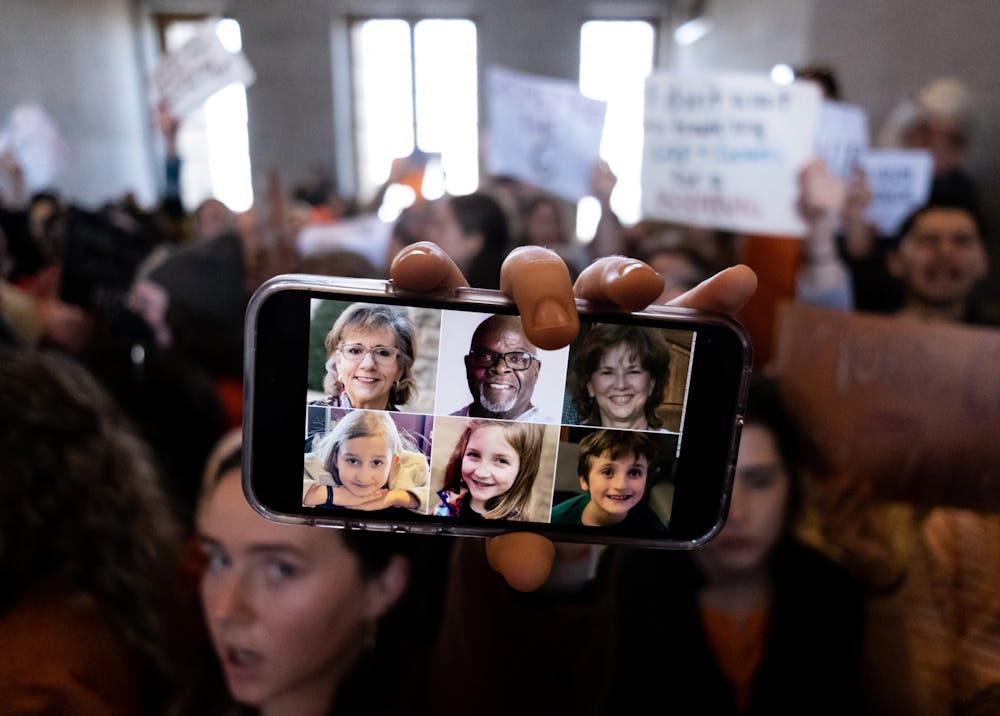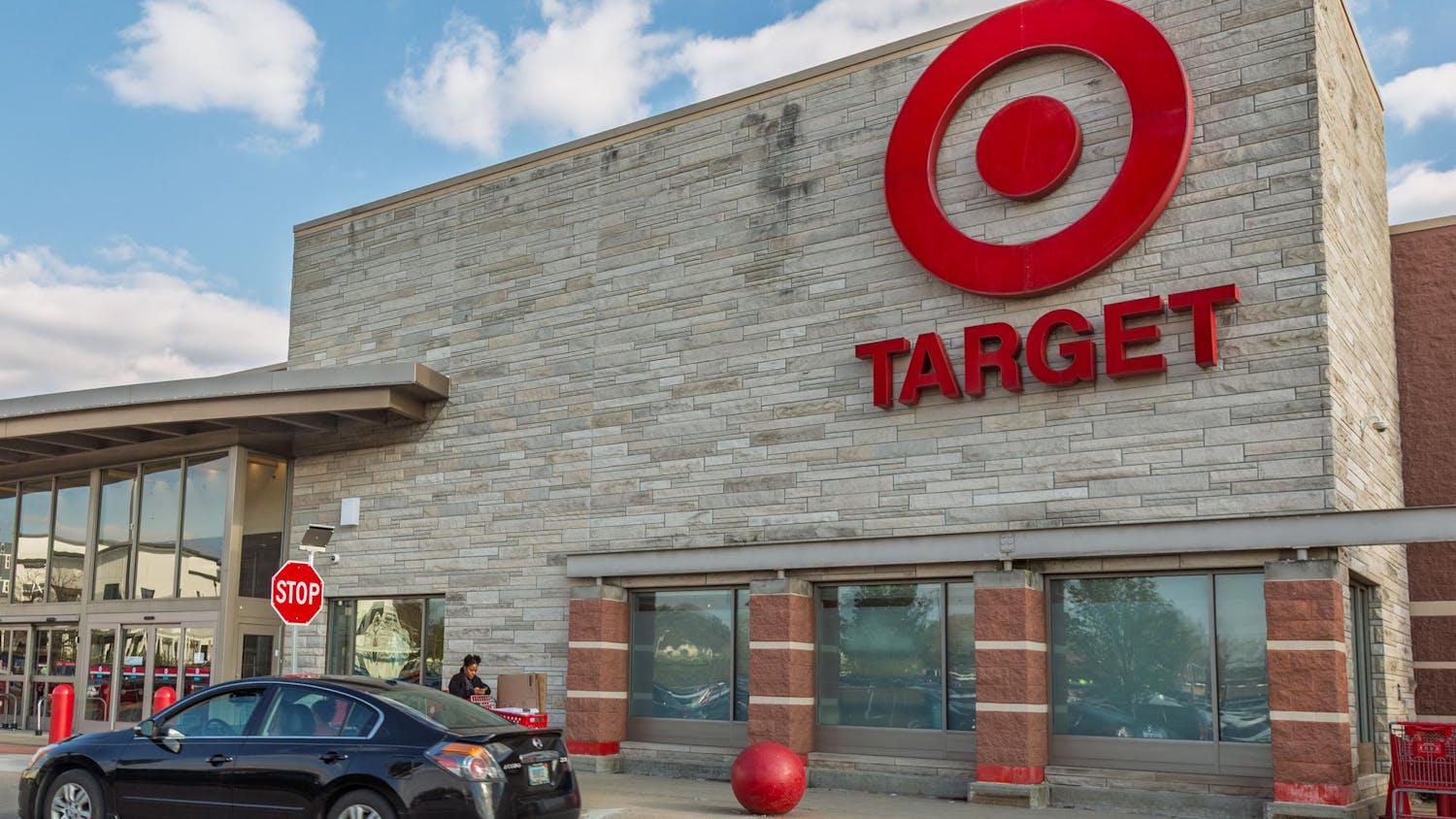At every school I’ve attended, there have been three types of drills.
First, there was the basic fire drill, where your whole class would tramp outside into the cold and stand there for ten to fifteen minutes.
Next, there was the tornado drill, where you either squatted in the hallway or stood around in the bathrooms and locker rooms, depending on your grade.
Finally, there was the active shooter drill. We had to turn off the lights, lock the door and huddle silently in the back of the room waiting for the all-clear. It was never a fun drill. There was always an air of fear — that next time we were told to barricade the doors and shut off the lights, it could be the real thing.
It’s odd to think about just how many students place lockdown drills right next to natural disasters. At least 40 states require school-based active shooter drills. The idea of mass shootings has become shockingly normal for so many people.
[Related: Months after the mass shooting in Greenwood, witnesses continue battling with trauma]
We’ve all grown up in a particularly violent time for mass shootings. The number of mass shootings over the years has risen. In 2014, there were 272, according to the Gun Violence Archive. In 2022, there were 646.
From this increase comes mental health impacts. Obviously, witnesses and survivors of mass shootings suffer from their traumatic experiences. Along with this, however, there is a more collective trauma being suffered by our country and our generation as a whole.
Being reexposed to news about mass shootings can cause distress and desensitization. A culture of terror has pervaded our generation. Understandably so — it’s hard to live life normally when you’re constantly shown news of people just like you dying violently and randomly. This is doubly true when this sort of violence strikes close by.
The media often handles mass shootings in a sensational fashion, which has massive impacts. Seeing constant coverage of violence can lead to higher rates of depression, anxiety and sense of unease in communities, according to Pew. The National Library of Medicine also says when news sources reprint the shooter’s manifesto and image, others can be inspired to follow in their footsteps.
After the recent Nashville, Tennessee school shooting, my Twitter and Instagram feeds were filled with news sites pumping out article after article about the tragedy. Every small piece of information they could dig up about the shooter’s life was published. The constant reminders of this horrific tragedy cause further pain for those affected.
There’s already a youth mental health crisis. In 2021, over 1 in 5 high school students considered suicide, according to the Centers for Disease Control and Prevention. The media’s constant focus on mass violence doesn’t help young people already struggling with mental health.
[Related: OPINION: Hoosier Republicans' crusade against freedom]
What’s most discouraging is a lack of action on the part of lawmakers. Many states have yet to enact comprehensive gun safety laws, even though research shows that states with stronger gun laws have lower gun violence rates. Instead of focusing on saving the people we love from mass shootings, lawmakers are focusing on legislating moral panics.
For many of us in this generation of trauma, we feel like lawmakers don’t care. They don’t care when our friends are shot in places of learning or fun. They don’t care about our safety and our mental health. They care about policing minority groups and winning points with their bigoted base.
Something needs to change. I’m not sure what it is yet, or what you or I can do about it. All I know is that there can’t be another generation as marked by violence as we are. None of us should let it happen.
Danny William (they/them) is a freshman studying media.




